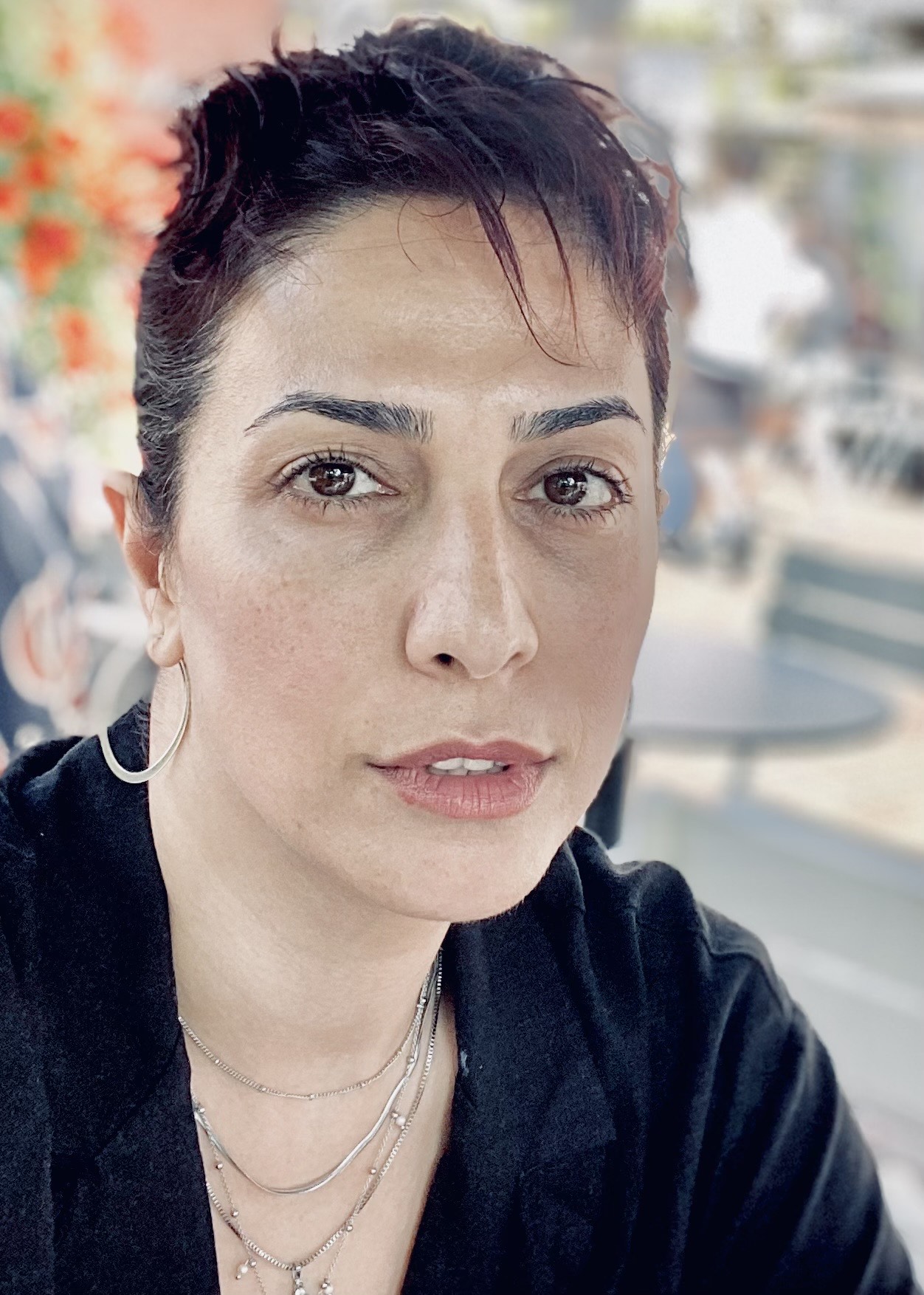
Three poems by Somaia Ramish, translated from Persian to English by Sholeh Wolpe
Somaia Ramish is a poet, writer, and human rights activist whose influential voice resonates in the world of literature and human rights advocacy. She holds a Master’s degree in Persian Language and Literature from the University of Delhi, India, and is currently a Ph.D. candidate in the same field. She currently leads "Baamdaad: House of Poetry in Exile," a global movement she founded to protest against censorship and the repression of literary and artistic expression in Afghanistan and beyond. This initiative has become a beacon of hope, uniting artists and poets worldwide in solidarity with Afghan creatives facing severe restrictions under the Taliban regime. Her poems have been translated and published in multiple languages, earning her prestigious awards and medals for both her literary achievements and human rights activism. In addition to her writing, Somaia Ramish regularly lectures at various universities on poetry and literature, with a special focus on women’s poetry in Afghanistan. Her poetic talent, combined with an unwavering commitment to human rights and freedom of expression, continues to inspire many, establishing her as a vital figure in both the literary and activist communities. 🔗 Website | Baamdaad | Instagram | Facebook
1)
You drowned.
I watched God die
on sea waves, in the mirror,
inside your tears, between the pages
of holy books where you never imagined God’s demise.
Five-year-old child drowned in the English Channel…
Where was your childhood going to rest
when the sea vomited you out into an unwelcoming land?
A refugee from death to death.
My head is spinning. I vomit
on the Universal Charter of Human Rights,
on all the UN statements,
on feminist movements,
on the defenders of freedom and equality,
on research done by the happiest city in the world,
on all the holy books, and on the saddest
city in the world: myself!
Nothing shelters me,
nothing sheltered you.
Each morning, the sea regurgitates my corpse
and the wind diffuses my unalive breaths.
Each day, I die and my body greets people,
death and exile, then spreads itself far.
We are the corpses of the stateless
without shelter and God, traveling
city to city, reading
the Holy Book while our pores
widen and swell with fury.
I vomit.
The lost ring from the Titanic
survives and finds its way into a museum
but your name, bright and shining
as a bird on the sea, your five years of innocence
perishehs in this world of borders and codes.
On which side of the sea,
which direction of the sky,
which side of the border,
was God busy with a new mischief
when the sea opened its mouth
and swallowed your small body?
2)
The postman does not come on Mondays.
No letters in the post office Thursdays and Fridays.
For me, the world is always on a break.
My lamp does not burn late into night.
No one asks for me.
No one walks past my window.
I leave a café on Fifth street
and look for home.
Look for myself.
I don’t remember my address.
The more I search the more lost I become.
No one is familiar.
I try to speak in another tongue
in my Herat accent, but my voice breaks
like the last glass of wine, I drank.
The last sip is always bitter
like a letter that never arrives,
like exile,
in Berlin, Moscow, and Rotterdam,
in Tehran, and Washington DC.
Pieces of me do not return to me.
I do not return to a home no longer there.
3)
Listen,
this wound is like cancer.
It sinks its claws into every cell
and spreads into streets
beyond our invaded veins.
These days
the war begins in one spot
recruits’ soldiers in another
and ruptures in yet another place.

